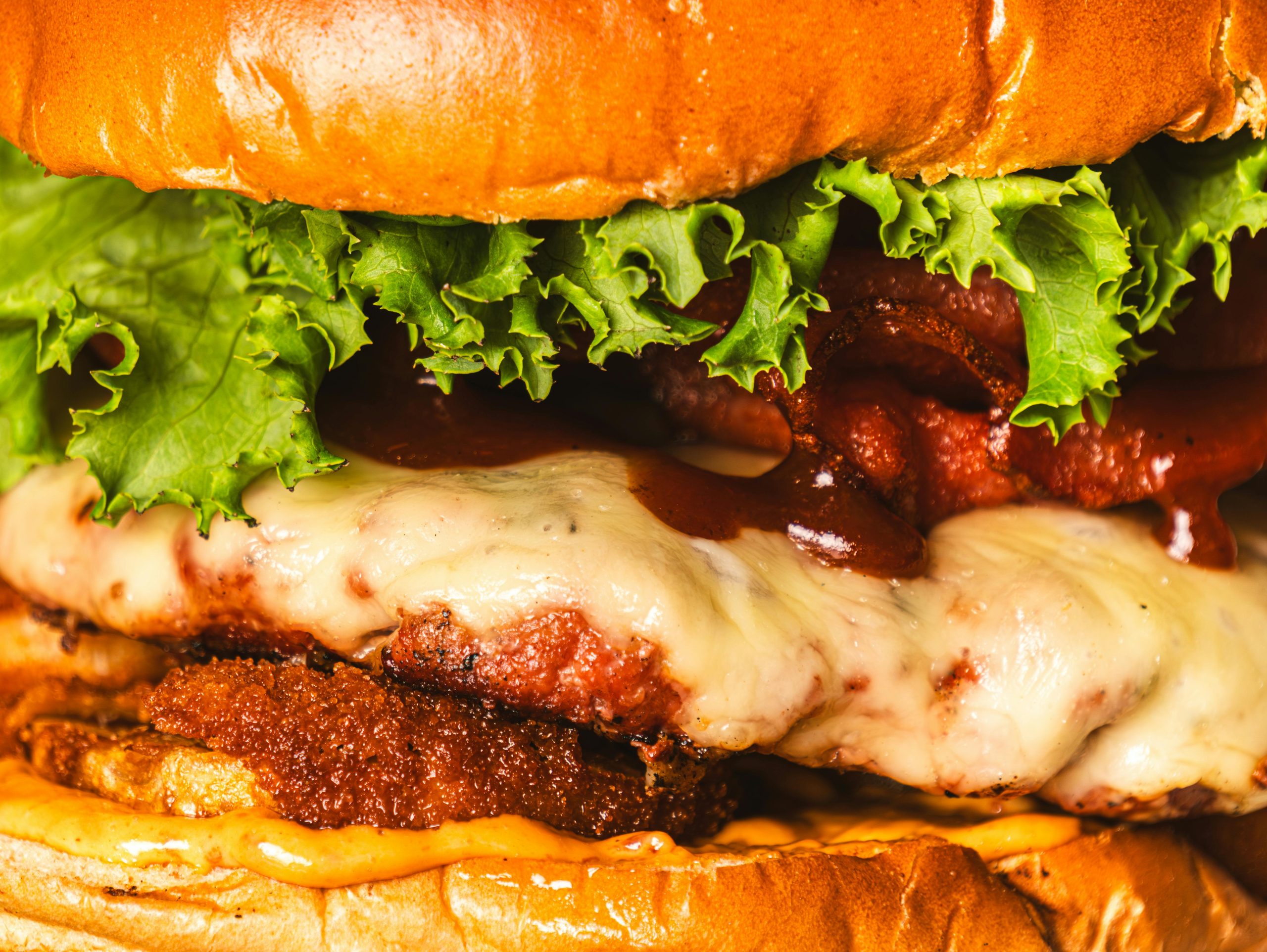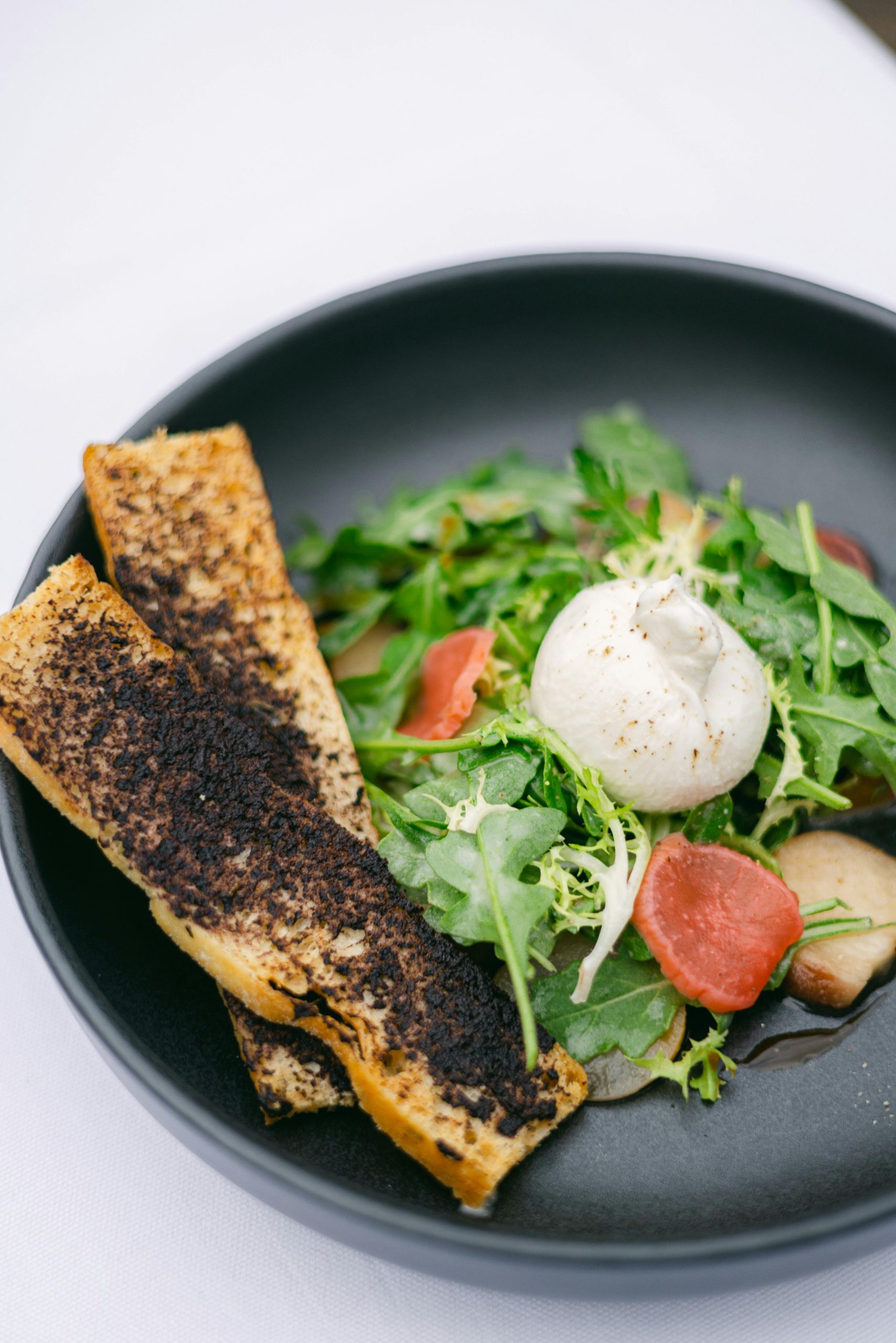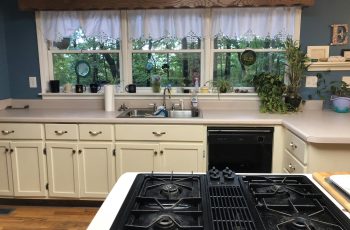Ad Blocker Detected
Our website is made possible by displaying online advertisements to our visitors. Please consider supporting us by disabling your ad blocker.
Are you torn between investing in a pressure cooker or a slow cooker? Both appliances have their merits, but making the right choice can significantly impact your cooking experience. This article aims to provide you with a brief overview of the benefits and functionalities of each appliance, helping you decide which one is best suited to your culinary needs. Whether you’re looking to whip up a quick meal or prefer a slow-cooked, flavorful dish, we’ve got you covered. So, let’s dig in and discover which cooking method will reign supreme in your kitchen.
Functionality
Pressure Cooker
A pressure cooker is a versatile kitchen appliance that uses high pressure and heat to cook food quickly. It works by creating a sealed environment, trapping steam and increasing the boiling point of the liquid inside. This results in reduced cooking times, making it perfect for busy individuals who want to prepare wholesome meals in a fraction of the time.
Slow Cooker
On the other hand, a slow cooker, also known as a crockpot, offers a different way of cooking. It uses low, steady heat to slowly cook food over a long period. This method allows flavors to meld together and results in tender, succulent meals. It’s ideal for those who prefer the convenience of setting it and forgetting it, letting the cooker work its magic throughout the day.
Cooking Speed
Pressure Cooker
When it comes to cooking speed, a pressure cooker takes the crown. By harnessing the power of pressure and high heat, it significantly reduces cooking times compared to traditional methods. For example, cooking tough cuts of meat that would normally take hours can be done in under an hour. This speed is a game-changer for those who want delicious meals without spending hours in the kitchen.
Slow Cooker
On the other hand, a slow cooker is all about patience. It operates at a low heat setting for an extended period, allowing flavors to develop slowly. While this means longer cooking times, it also means that you can set it in the morning and return to a mouthwatering, ready-to-eat meal in the evening. It’s perfect for busy individuals who appreciate the convenience of time and the comforting aromas that fill the home throughout the day.

Versatility
Pressure Cooker
The pressure cooker shines in terms of versatility. It can handle a wide range of cooking tasks, from roasting and stewing to steaming and even baking. You can use it to prepare one-pot meals, soups, stocks, and even desserts. This adaptability means you can experiment with different recipes and culinary techniques in a single appliance, making it a valuable addition to any kitchen.
Slow Cooker
While a slow cooker may not offer the same breadth of cooking methods as a pressure cooker, it still has its own versatility. It excels at long, slow braises, making it perfect for tenderizing tough cuts of meat. It’s also great for cooking soups, stews, and chili, allowing flavors to meld together over time. Though it may not have as many functions, its simplicity and reliability make it a dependable tool for slow-cooking enthusiasts.
Ease of Use
Pressure Cooker
Using a pressure cooker may initially seem intimidating, but it is relatively straightforward once you understand the basics. Most modern pressure cookers come with clear instructions and safety features to prevent accidents. With proper guidance, you can easily master the art of pressure cooking and enjoy its benefits without any hassle. Moreover, many pressure cookers have programmable settings, taking the guesswork out of cooking times and temperatures.
Slow Cooker
One of the biggest advantages of a slow cooker is its ease of use. Simply prepare the ingredients, place them in the cooker, and set the desired cooking time and temperature. Unlike a pressure cooker, there’s no need to monitor the process closely. You can leave the slow cooker unattended for hours without worrying about overcooking or burning your food. It’s a convenient appliance for those who want to simplify their cooking routine.

Safety
Pressure Cooker
Safety is a crucial aspect to consider when using a pressure cooker. The high pressure and heat involved can cause accidents if not handled properly. However, modern pressure cookers come equipped with safety features, such as locking mechanisms and pressure release valves. These features ensure that the pressure inside the cooker is properly controlled and can be released safely when required. It is important to read and follow the manufacturer’s instructions to ensure safe usage.
Slow Cooker
In terms of safety, slow cookers are relatively low-risk appliances. They operate at a low temperature over an extended period, reducing the risk of accidents. However, caution should still be exercised when handling hot surfaces or when using the electrical components of the cooker. As with any kitchen appliance, it’s important to follow safety guidelines and use common sense.
Taste and Texture of Food
Pressure Cooker
The pressure cooking method is known for its ability to enhance the taste and texture of food. By cooking under pressure, flavors are intensified and ingredients meld together beautifully. Tough cuts of meat become tender and succulent, while beans and lentils cook to perfection. This fast and intense cooking method also helps retain the vibrant colors of vegetables, resulting in visually appealing dishes that taste as good as they look.
Slow Cooker
While the slow cooking method may not produce the same intensity of flavors as a pressure cooker, it creates its own unique taste and texture. The slow and steady heat allows ingredients to slowly break down, resulting in tender, melt-in-your-mouth dishes. It’s perfect for dishes that require slow braising, such as pot roasts or pulled pork. The long cooking time also allows flavors to develop and meld together, creating a depth of taste that is hard to replicate with other cooking methods.

Nutritional Value
Pressure Cooker
When it comes to preserving the nutritional value of food, the pressure cooker outshines the slow cooker. The shorter cooking times and sealed environment help retain more vitamins and minerals in the food. Additionally, the pressure cooking method requires less liquid, which means fewer nutrients leach out during the cooking process. It’s a great option for health-conscious individuals who prioritize nutrition in their meals.
Slow Cooker
While slow cooking may not retain as many nutrients as a pressure cooker, it still has its benefits. The low, gentle heat helps avoid overcooking and preserves some of the nutritional value. Furthermore, slow cookers excel at transforming tough cuts of meat into tender, flavorful dishes, making it easier to include protein-rich meals in your diet. While the nutritional impact may vary, slow cooking allows for wholesome, comforting meals that are often enjoyed by the whole family.
Energy Efficiency
Pressure Cooker
Pressure cookers are renowned for their energy efficiency. The reduced cooking times significantly decrease the amount of energy consumed compared to traditional cooking methods. By cutting down cooking times by up to 70%, pressure cookers save both time and energy, making them an excellent choice for those who want to reduce their carbon footprint and save on utility bills.
Slow Cooker
Slow cookers operate at a low temperature over an extended period, which makes them inherently energy-efficient appliances. However, due to their long cooking times, they can consume more energy in the overall process compared to a pressure cooker. Nonetheless, slow cookers still use less energy than conventional ovens or stovetop cooking methods. If energy efficiency is a priority, a pressure cooker may be the more suitable option.
Cost
Pressure Cooker
When it comes to cost, pressure cookers generally have a higher upfront price compared to slow cookers. However, considering their versatility and shorter cooking times, the investment can pay off in the long run. Pressure cookers are built to last and can handle a wide range of cooking tasks, reducing the need for other appliances. Additionally, the reduced energy consumption can lead to savings on utility bills over time.
Slow Cooker
Slow cookers tend to be more affordable than pressure cookers. They are widely available and come in various models with different features and sizes to fit any budget. If you’re looking for a wallet-friendly option that can deliver delicious, slow-cooked meals, a slow cooker is a great choice. However, it’s important to consider your cooking needs and preferences before making a purchase.
Conclusion
Both pressure cookers and slow cookers offer unique cooking methods and have their own advantages. If you prioritize speed, versatility, and nutritional value, a pressure cooker may be the perfect addition to your kitchen. On the other hand, if you prefer the convenience of slow, hands-off cooking and enjoy the flavors that develop over time, a slow cooker might be more suitable for your needs.
Consider your cooking style, time constraints, and desired outcomes when deciding between the two. Ultimately, having either appliance in your culinary arsenal can greatly enhance your cooking experience and help you prepare delicious meals with ease. So whether you’re a busy professional or a passionate food lover, choosing between a pressure cooker and a slow cooker is a matter of personal preference and the cooking experience you desire.

